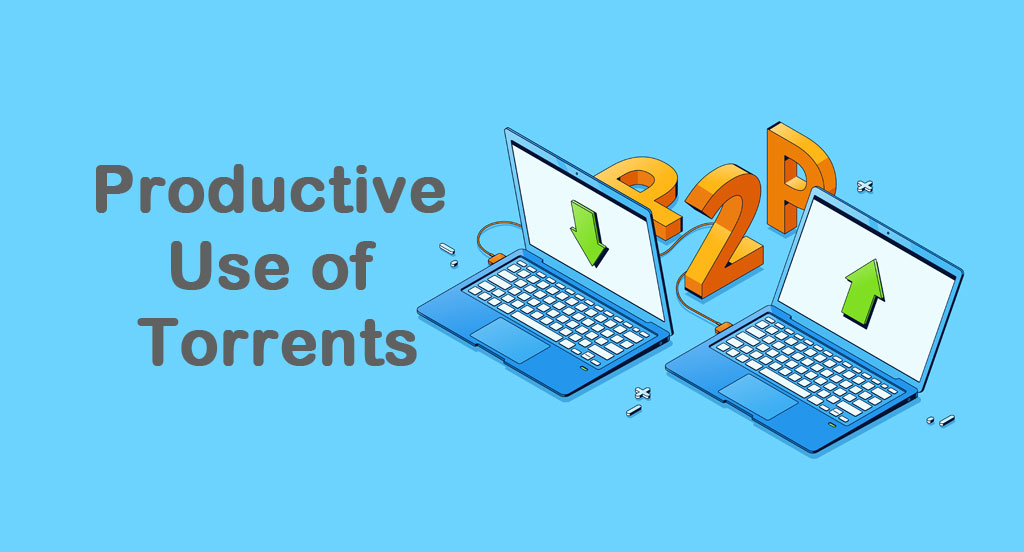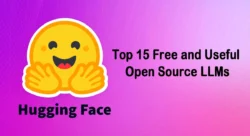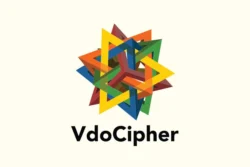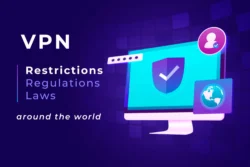Torrenting, a peer-to-peer (P2P) file-sharing protocol, enables users to efficiently distribute and download large files by breaking them into smaller pieces shared across a network of computers. While often associated with piracy, torrenting is a legal and powerful technology when used responsibly.
In 2025, numerous legal torrent sites provide access to valuable resources for education, research, and personal enjoyment, all without infringing on copyright laws. This article explores how to use torrents productively in 2025, highlighting six legal torrent sites, their applications, and best practices for safe and ethical torrenting.
Table of Contents
Understanding Torrenting
Torrenting operates by distributing file pieces across a network of users, reducing the load on any single server and speeding up downloads. Each user downloading a file also uploads parts they’ve already received, creating a collaborative ecosystem. This efficiency makes torrents ideal for sharing large files like datasets, software, or media. However, the technology’s reputation has been tarnished by its use in illegal file sharing. By focusing on legal torrent sites, users can harness this technology for productive purposes without legal risks.
Legal and Ethical Framework
Torrenting is legal in most countries, provided the content shared is not copyrighted or is licensed for free distribution. The evidence leans toward a growing recognition of torrents as a tool for legitimate purposes, with legal torrent sites gaining traction. This shift is driven by the need for efficient, cost-effective ways to share large files, especially in education, research, and creative industries, where access to free resources is vital.
Benefits of Productive Torrent Use
Torrents offer several advantages for distributing large files, making them a preferred choice for legal, productive applications:
- Efficiency: The P2P nature allows for faster download speeds, as files are shared simultaneously by multiple users, reducing the load on any single server.
- Resumable Downloads: Users can pause and resume downloads without losing progress, which is particularly useful for large datasets or media files.
- Decentralization: By distributing files across a network, torrents are more resilient to server failures, ensuring availability and supporting sustainable sharing models.
These benefits are particularly relevant in 2025, where digital content consumption continues to grow, and traditional distribution methods face scalability challenges. For instance, academic researchers benefit from torrents to share large datasets, while educators use them to distribute open educational resources, enhancing accessibility and collaboration.
Legal Torrent Sites for Productive Use
Below is a curated list of six legal torrent sites in 2025, each offering unique resources for productive applications. These platforms provide public domain or openly licensed content, making them safe and ethical choices for torrenting.
1. Internet Archive
The Internet Archive is a digital library hosting millions of free books, movies, software, music, and archived websites. It is one of the largest legal torrent libraries, offering a vast collection of public domain and Creative Commons-licensed materials.
- Productive Use: Ideal for students, educators, and researchers, the Internet Archive provides access to educational videos, classic literature, and open-source software. For example, a history student might download digitized historical documents for a research paper, or a developer could access open-source software for learning coding. The site’s extensive collection also includes public domain films and music, perfect for educational or creative projects.
2. Public Domain Torrents
Public Domain Torrents specializes in classic movies that are free from copyright restrictions. It offers a wide selection of films across various genres, all legally downloadable.
- Productive Use: This site is excellent for film enthusiasts, educators, and students of cinema. Users can download classic films for personal enjoyment, classroom screenings, or film studies courses. For instance, a teacher might use a public domain film like Metropolis to illustrate early cinematic techniques in a media studies class.
3. Project Gutenberg
Project Gutenberg hosts over 75,000 free eBooks, primarily classic literature, poetry, and historical documents in the public domain. The site supports multiple formats, including EPUB and Kindle.
- Productive Use: Perfect for readers, writers, and researchers, Project Gutenberg offers free access to timeless works. A literature student might download Pride and Prejudice for a class assignment, while a writer could use public domain texts as inspiration for new works. The site’s vast collection also supports historical research by providing access to primary source documents.
4. Academic Torrents
Academic Torrents is a platform designed for sharing large academic datasets and research papers via P2P technology. It supports the academic community by making vast amounts of data accessible.
- Productive Use: This site is invaluable for researchers, students, and academics. For example, a data scientist might download a large dataset for machine learning research, while a graduate student could access peer-reviewed papers for a thesis. Academic Torrents fosters collaboration by allowing users to contribute to and benefit from shared resources, enhancing research efficiency.
5. Etree
Etree is a community-driven platform for sharing live concert recordings and audio, focusing on legal, high-quality music content. It uses BitTorrent for efficient distribution.
- Productive Use: Musicians, music students, and enthusiasts can use Etree to access live recordings for study or enjoyment. For instance, a music theory student might analyze a live performance to understand improvisation techniques, or a fan could enjoy high-fidelity recordings of their favorite artists. The platform supports the music community by preserving and sharing live performances legally.
6. Jamendo
Jamendo offers legal, royalty-free music downloads from independent artists. Its modern interface and vast library make it a go-to for creators needing music for projects.
- Productive Use: Content creators, such as videographers, podcasters, or marketers, can use Jamendo to find royalty-free music for videos, podcasts, or advertisements. For example, a YouTuber might use a Jamendo track as background music for a vlog, while a small business could incorporate royalty-free music into a promotional video. The platform also supports independent artists by promoting their work.
Summary of Legal Torrent Sites
| Site Name | Content Type | Productive Use Cases | Website |
|---|---|---|---|
| Internet Archive | Books, movies, software, music | Education, research, creative projects | archive.org |
| Public Domain Torrents | Classic movies | Film studies, personal enjoyment | publicdomaintorrents.info |
| Project Gutenberg | eBooks | Reading, research, writing inspiration | gutenberg.org |
| Academic Torrents | Academic papers, datasets | Research, data analysis | academictorrents.com |
| Etree | Live concert recordings | Music study, personal enjoyment | etree.org |
| Jamendo | Royalty-free music | Content creation, commercial projects | jamendo.com |
Safety and Legality in Torrenting
While torrenting is a legal technology, downloading copyrighted material without permission is illegal and can lead to fines or legal action. Even when using legal torrent sites, users should prioritize safety to protect their privacy and devices. Here are key considerations:
- Use a VPN: A Virtual Private Network (VPN) encrypts your internet connection and masks your IP address, preventing ISPs or third parties from monitoring your activities. NordVPN, for example, offers 256-bit AES encryption, an ad-blocker, and real-time malware protection, making it a reliable choice for safe torrenting. Using a VPN also prevents ISP throttling, which can slow down torrent downloads.
- Stick to Legal Sites: The sites listed above are verified to host legal content, reducing the risk of downloading malicious files or copyrighted material. Avoid unverified torrent sites, which may contain malware or intrusive ads.
- Verify Content: Before downloading, ensure the content is in the public domain or licensed for free distribution. Check user reviews or community feedback to confirm the legitimacy of files.
- Antivirus Protection: Use up-to-date antivirus software to scan downloaded files for potential threats, even from trusted sources.
By following these practices, users can torrent securely and ethically, maximizing the benefits of P2P technology.
Trends in Torrenting for 2025
Despite a decline in torrent client usage since 2013, torrenting remains relevant in 2025, particularly for legal applications. The rise of legal torrent sites has shifted the focus from piracy to legitimate use cases, such as academic research and open-source software distribution. Social media discussions, such as those on Reddit, indicate continued interest in torrents for accessing hard-to-find content like old movies or textbooks. Additionally, advancements in VPN technology have made torrenting safer, encouraging responsible use.
Conclusion
In 2025, torrenting offers a powerful and efficient way to access a wide range of legal resources for education, research, and creative projects. Platforms like the Internet Archive, Project Gutenberg, Academic Torrents, Public Domain Torrents, Etree, and Jamendo provide free, high-quality content that supports productive endeavors. By using these legal torrent sites and employing safety measures like VPNs, users can leverage P2P technology responsibly, avoiding legal risks and enhancing their access to valuable materials. Whether you’re a student, researcher, or creator, torrenting in 2025 can be a productive tool when used ethically and securely.







